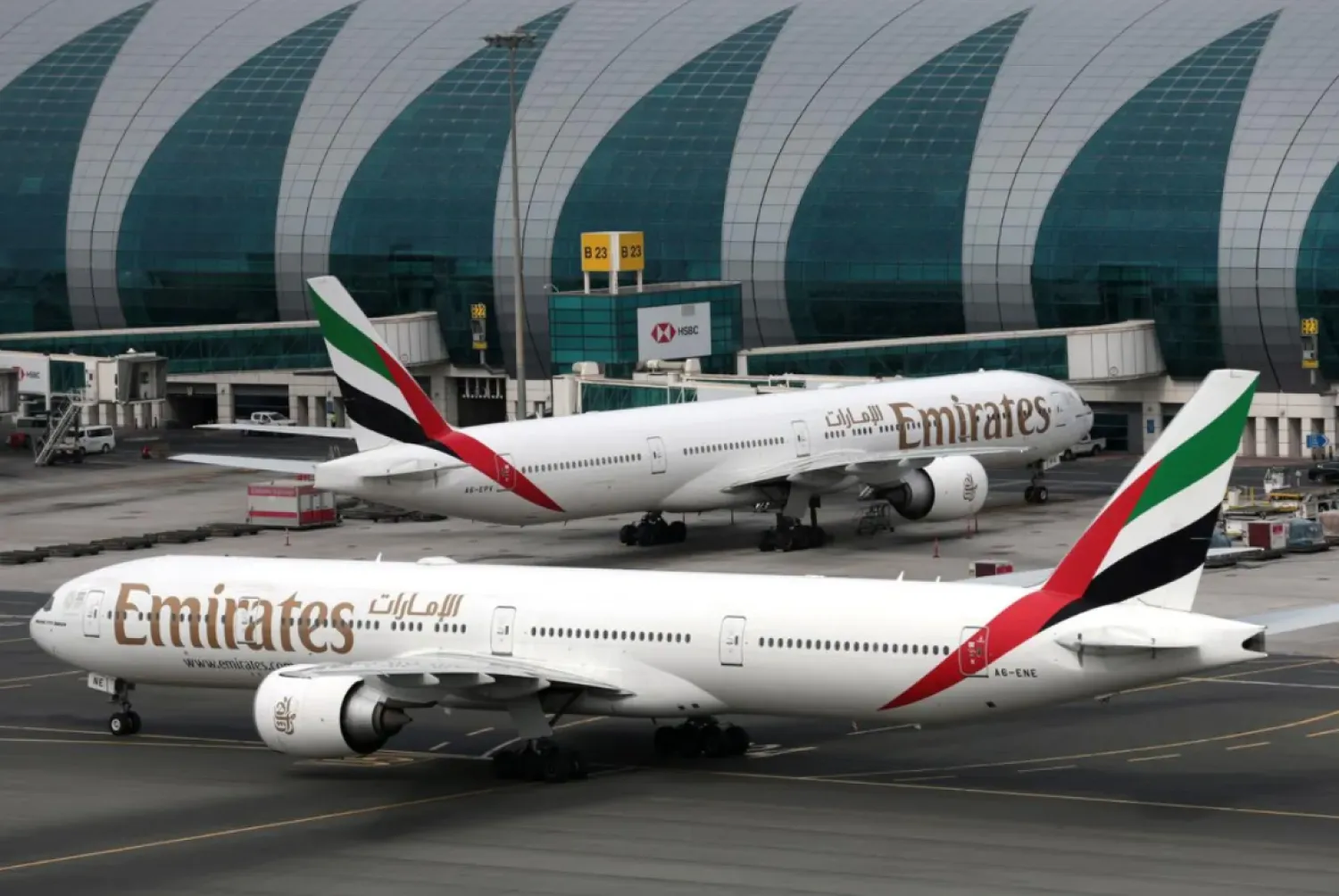The Saudi Exports Development Authority organized Tuesday a trade mission to the city of Erbil, Iraq, under the identity of “Made in Saudi Arabia.”
The authority promoted non-oil exporters and their goods, advanced the competitiveness of products from the Kingdom on global markets, and explored new trade cooperation opportunities between the two countries.
More than 34 Saudi companies and 140 Iraqi firms from a variety of sectors, most notably building materials, food products, and packaging, participated in the trade mission.
The mission included bilateral meetings and memoranda of understanding between the Saudi and Iraqi sides.
Participants were also able to benefit from the services provided by relevant government agencies supporting the mission, including the Saudi Export and Import Bank and the Food and Drug Authority.
This allowed businesses to reach agreements to expand exports and find new markets for their products.
This trade trip is an extension of the activities Saudi Exports has been organizing in Iraq, where it participated in several major exhibitions on multiple occasions, including the Baghdad International Exhibition and Erbil Build Expo.
Also, it coordinated the activities of several Saudi-Iraqi trade missions.
This reflects the commitment of Saudi Exports to promoting exporters and providing numerous promotional platforms that connect them with potential customers and partners in the regional and global markets.
By creating several opportunities, Saudi Exports is also contributing to raising the proportion of Saudi non-oil exports to at least 50 percent of the non-oil gross domestic product by 2030.
The Kingdom’s non-oil exports to Iraq amounted to SAR 14.8 billion ($3.95 billion) over the last five years. With a value of SAR 4.42 billion ($1.1 billion), the construction materials industry was the top exporting sector during the time, followed by the food products sector with SAR 4.04 billion (more than $1 billion).









